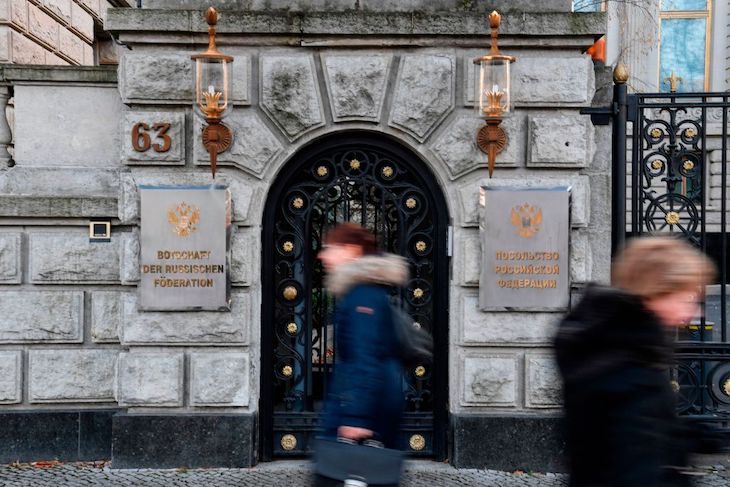Over the past few months, numerous reports have highlighted the United Kingdom’s unpreparedness for war. Issues such as the British Army’s struggle to attract new recruits, declining military spending over decades of peace, and dysfunction within crucial strategic military assets have been recurrent concerns. As the threat of the war shifting from Eastern Europe towards the UK exponentially grew, these warnings have frequently dominated headlines.
However, amidst these concerns, another critical aspect of UK security has largely escaped public attention: the state of the UK’s intelligence sector and its capability to conduct successful covert operations aimed at uncovering and disrupting enemy plans, particularly in the era of hybrid warfare.
Russia has learnt to capitalise on divisions in Western societies
The spike in Russian espionage across Europe has reached unprecedented levels, facilitated by the emergence of new technology and the ability to swiftly and discreetly interfere. Just this week, the Swedish Navy accused Russian tanker fleet of engaging in espionage activities while carrying petrol across the Baltic Sea.

Britain’s best politics newsletters
You get two free articles each week when you sign up to The Spectator’s emails.
Already a subscriber? Log in






Comments
Join the debate for just £1 a month
Be part of the conversation with other Spectator readers by getting your first three months for £3.
UNLOCK ACCESS Just £1 a monthAlready a subscriber? Log in